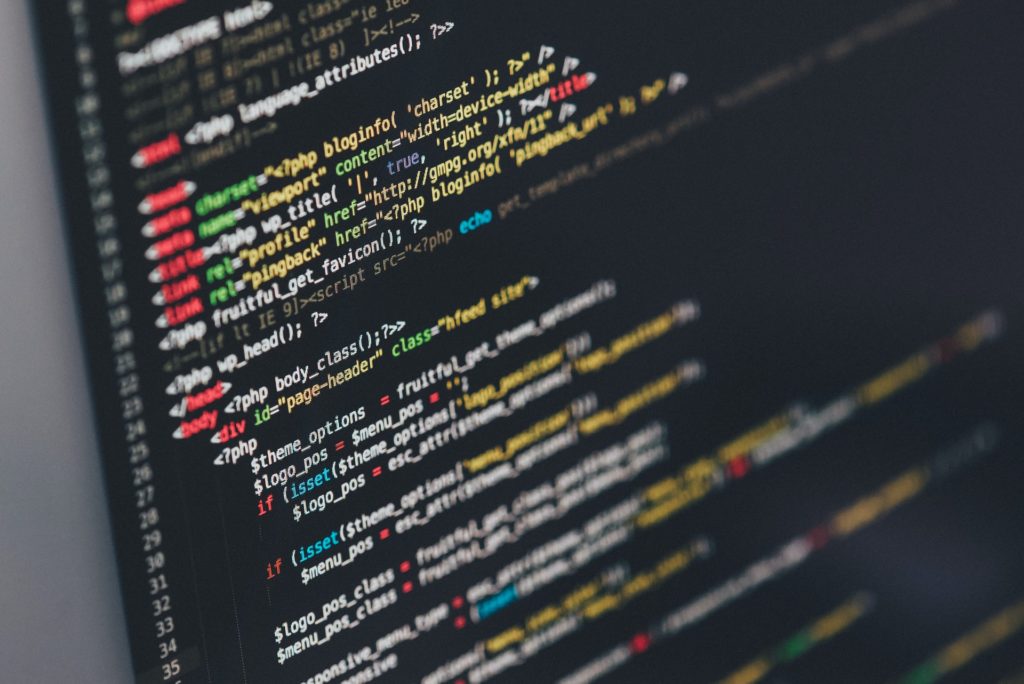A threat to freedom of speech, media, arts and sciences
Opinion piece by MEP Patrick Breyer, Member of the Pirate Party in the Greens/EFA Group and shadow on this file.

The EU is negotiating a regulation to “prevent the dissemination of terrorist content online” (TERREG regulation). Preventing the recruitment of terrorists is an important objective. We want incitement to violence, glorification of terrorism as well as bomb-building instructions published by terrorist organizations to be removed from the Internet. But the means to achieve this goal, as proposed by the Commission and supported by Council, are problematic and threaten fundamental rights:
- The current proposal would force online platforms to deploy automated upload filters to scan for terrorist content. Such filters have proven to be prone to errors in the past. An algorithm does not understand the context of an image or video and therefore tends to systematically overblock and thus suppress legal content. This ultimately means that legitimate content covering terrorism, for example from a scientific, journalistic or artistic perspective, will be censored if terrorist groups use the same photos or videos.
- The draft regulation would introduce ultra-fast cross-border content removal orders. Ministers, police authorities or other national competent authorities from any EU country could order platform operators to remove alleged terrorist content (pictures, texts or videos) published anywhere in the world within one hour. Platform operators would face heavy fines if they do not comply. Governments such as the Orban government could order the removal of content published in other countries for political purposes. In the past anti-terror laws have repeatedly been used for other purposes, e.g., social protesters, separatists, environmental activists or immigrants. Also, small platforms unable to remove content within one-hour 24/7 could be forced to shut down.
Many human rights and digital organizations [1], journalists and security experts [2] are opposing and criticizing the proposal. UN Special Rapporteurs repeatedly called on the EU negotiators to change the proposed regulation and bring it in line with fundamental rights [3]. Lately more and more citizens are directly raising their concerns.
Strategies to prevent terrorism that the EU should focus on
To prevent radicalisation and recruitment of terrorists, it is important to address legitimate grievances such as discrimination against muslims and human rights violations. There is a need to provide stable funding to civil society work against hate ideology and islamism as well as funding for deradicalization and disengagement programmes. Finally, the resolute prosecution of terrorism and content inciting it is of essence rather than impunity. Too often terrorists were long known to the police but leads not followed up on.
We want to deepen and extend the necessary co-operation between member states services towards a mandatory information exchange for any relevant information obtained in the course of criminal investigations or criminal proceedings in connection with terrorist offences
The next steps
The negotiations on the draft regulation are in their final stages, the so-called “triogue”. This means that, in a series of closed-door meetings, the European Parliament and the Council (representing the governments of the Member States, currently led by the German Federal Government), with the support of the Commission, will draw up a final text acceptable to both institutions. In view of recent terrorist attacks, now is the last chance to make changes before the Regulation is adopted. The last trilogue will probably be held in the next weeks. The exact date has not yet been fixed.
The Parliament is represented in the trilogues by the following members of the Civil Liberties (LIBE) Committee (Lead committee):
Rapporteur: JAKI Patryk (ECR)
Shadow Rapporteurs: ZARZALEJOS Javier (EPP), KALJURAND Marina (S&D), ERNST Cornelia (GUE/NGL), PAGAZAURTUNDÚA Maite (Renew), BREYER Patrick (Greens/EFA), GARRAUD Jean-Paul (ID)
The Committee on Internal Market and Consumer Protection (IMCO) is represented by the Rapporteur for Opinion KOLAJA Marcel (Greens/EFA), while the Committee on Culture and Education (CULT) is represented by the Rapporteur for Opinion KAMMEREVERT Petra (S&D).
For more information, please have a look at Patrick Breyer‘s (MEP Pirate Party Germany) constantly updated blog post on the negotiations.